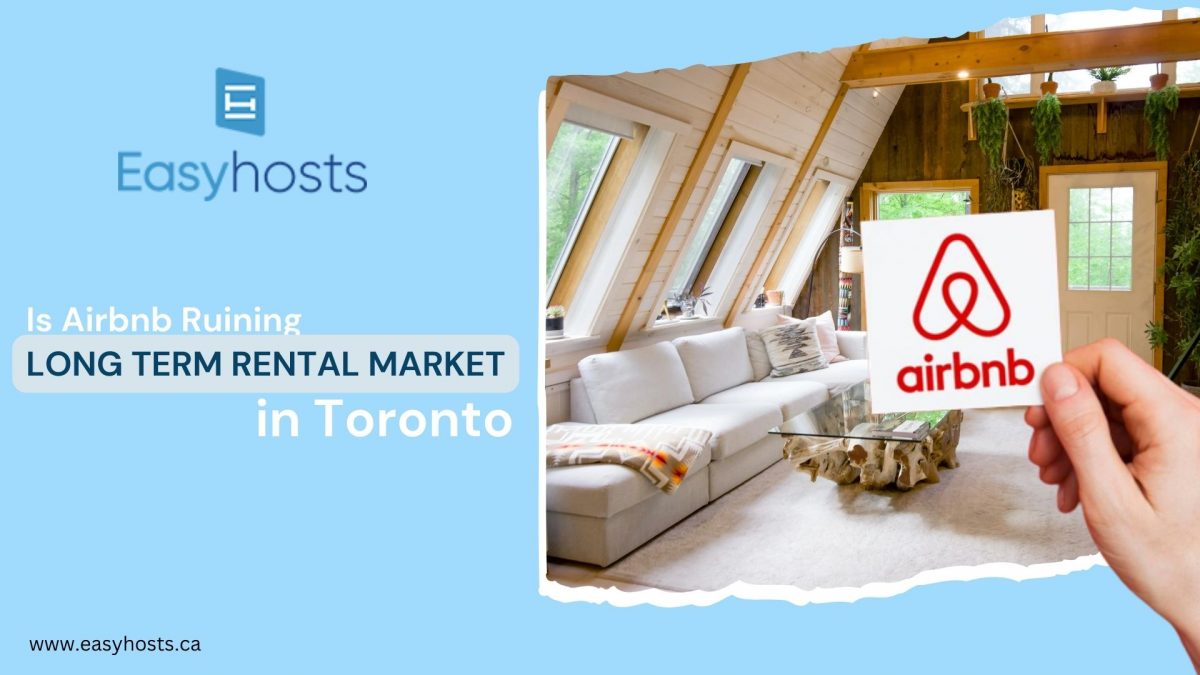
There is an ongoing debate about whether Airbnb and other short-term rental platforms are negatively impacting the long-term rental market in Toronto, as well as in other cities around the world.
On one hand, the rise of Airbnb has made it easier for property owners to generate income from their properties, which can make owning and maintaining a property more financially viable. However, this has also led to a decrease in the number of available long-term rental properties, as more properties are being converted to short-term rentals instead.
Some argue that this has led to a shortage of affordable long-term rental units, making it more difficult for renters to find suitable housing. In Toronto, there have been calls for tighter regulations on short-term rentals, particularly in popular neighborhoods where short-term rentals are most prevalent.
Proponents of short-term rentals argue that they provide an alternative to traditional hotels and can benefit the local economy by bringing in tourism dollars. They also argue that many short-term rentals are owner-occupied or only rented out occasionally and do not compete with long-term rental units.
Ultimately, the impact of Airbnb property management Toronto is a complex issue that requires careful consideration of both the positive and negative effects. It will be up to policymakers and stakeholders to strike a balance that allows for responsible and sustainable use of short-term rental platforms while also ensuring adequate affordable long-term rental housing is available for residents.







